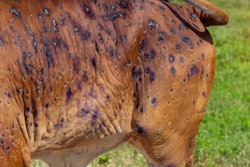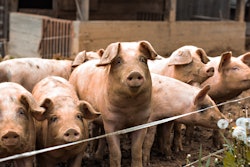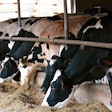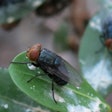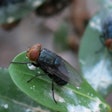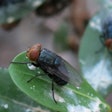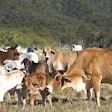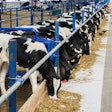
The Foundation for Food & Agriculture Research (FFAR) and Purdue University are investing US$301,562 into a Rapid Outcomes from Agricultural Research (ROAR) grant to develop an H5N1 vaccine for dairy cows.
Although bird flu, or H5N1 influenza, had been primarily limited to wild migratory birds and sporadic outbreaks in commercial poultry operations, it was detected in U.S. dairy cows in March 2024. Since then, H5N1 has spread rapidly in dairy cattle across multiple states and the industry has limited tools to protect their herds.
While H5N1 does not have high mortality rates in dairy cows, the infection causes decreases milk production and milk quality, causing significant economic losses for farmers. The recent detection of H5N1 in humans, dairy cows and non-traditional host birds indicates that this virus poses new threats to other non-avian species.
“The detection of avian influenza in dairy cattle, with risk of infection to dairy workers, underscores the need to develop effective vaccines for non-avian species,” said Dr. Miriam Martin, FFAR scientific program manager. “This rapid funding is providing the U.S. dairy industry with urgently needed tools to protect animal health, farmers’ livelihoods and consumers’ wallets.”
Researchers, led by Dr. Suresh Mittal, distinguished professor of virology at Purdue University, are using knowledge gained from prior work on influenza A viruses and a bovine adenoviral vaccine platform to develop a universal influenza vaccine for cows that is expected to be effective against further viral mutations. They will then explore the most effective route of delivery for the vaccine, investigating intranasal – via the nose – and intramuscular – via the muscle tissue – administration routes. The work will be conducted in collaboration with Dr. Rafael Neves, associate professor of food animal production medicine, and Dr. Ekramy Sayedahmed, assistant professor of poultry medicine at Purdue University.
“Because this vector system is so universal, we can use it for any agent and for any host,” Mittal said. “The research outcomes will result in an effective vaccine for H5N1 in cattle.”
FFAR’s ROAR program rapidly funds research and outreach in response to emerging or unanticipated threats to the U.S. food supply or agricultural systems.


